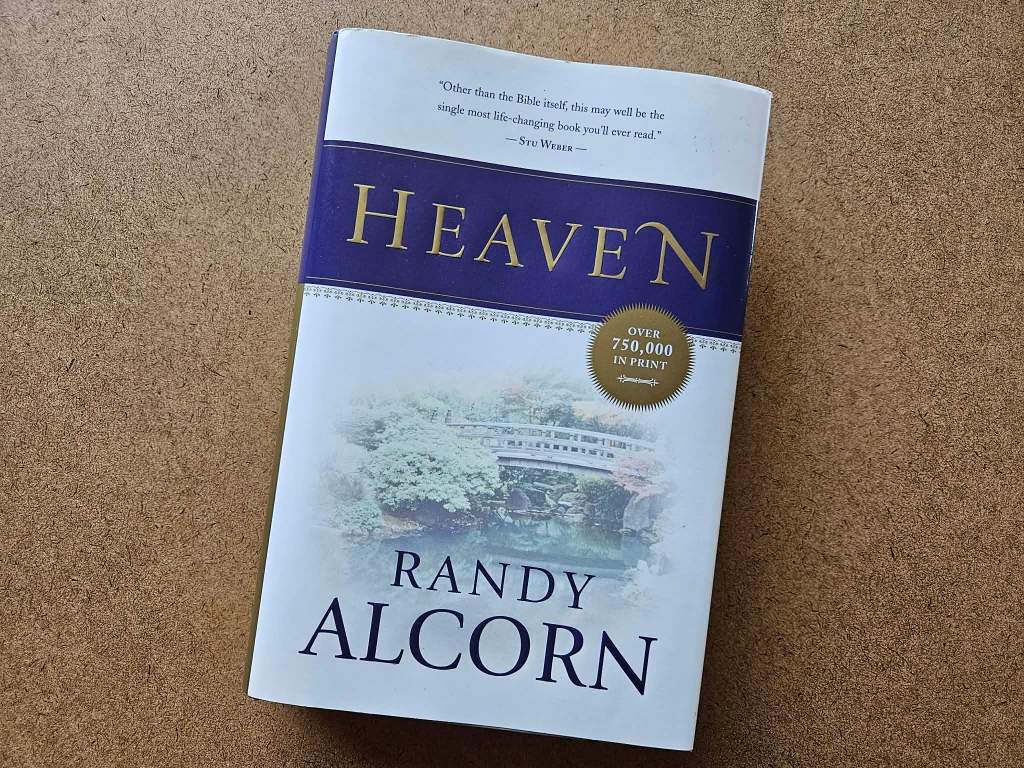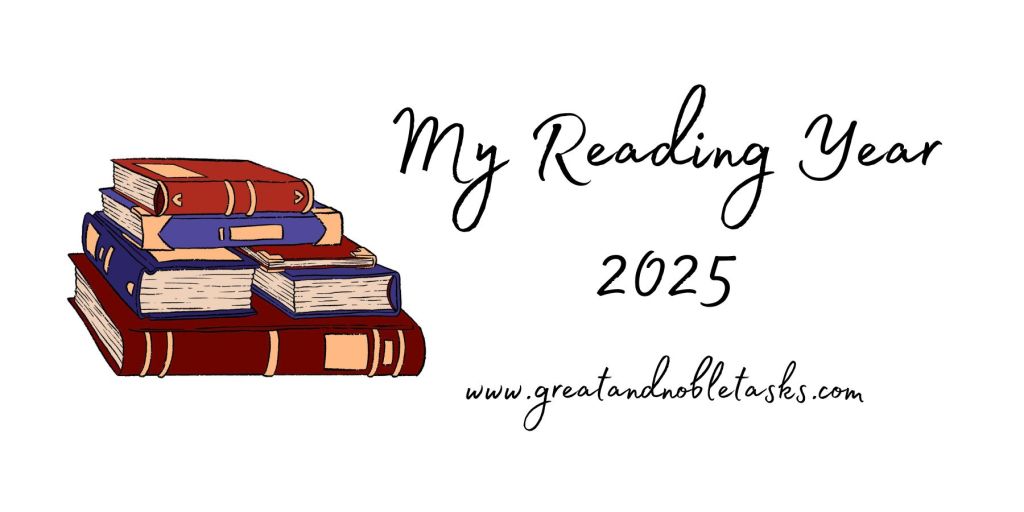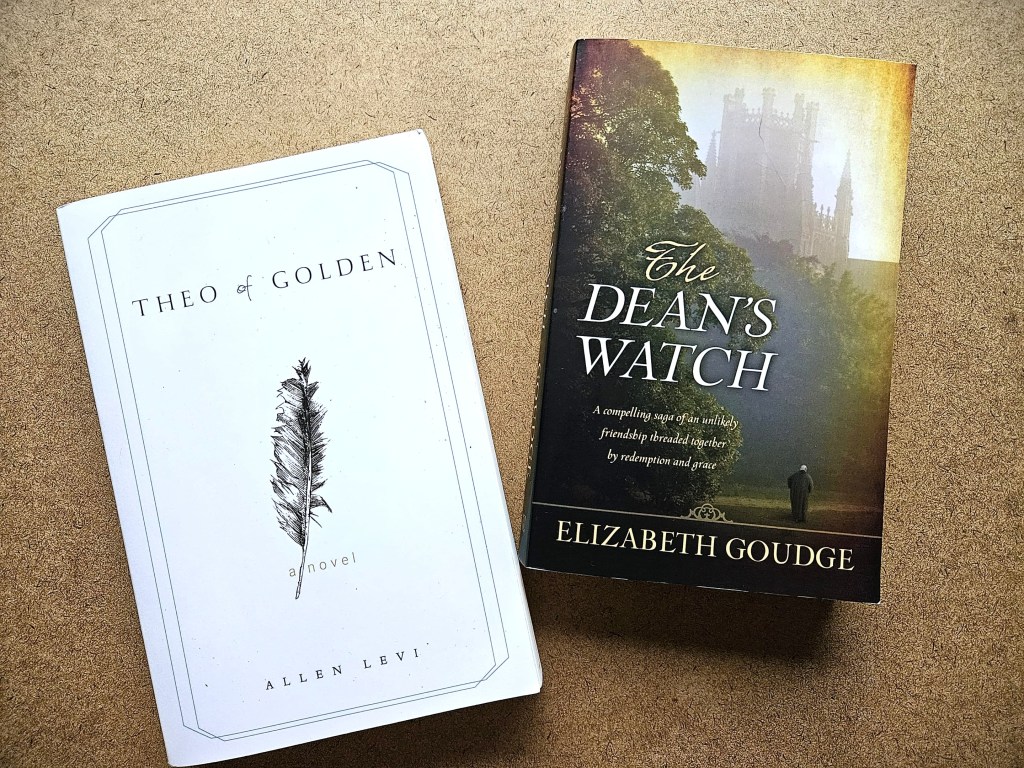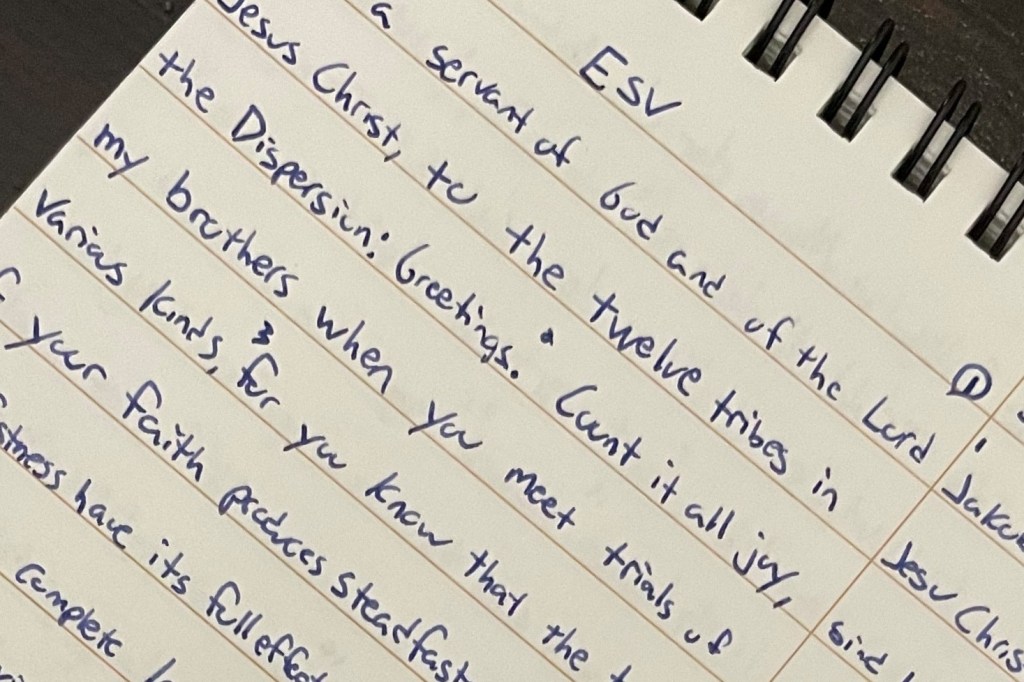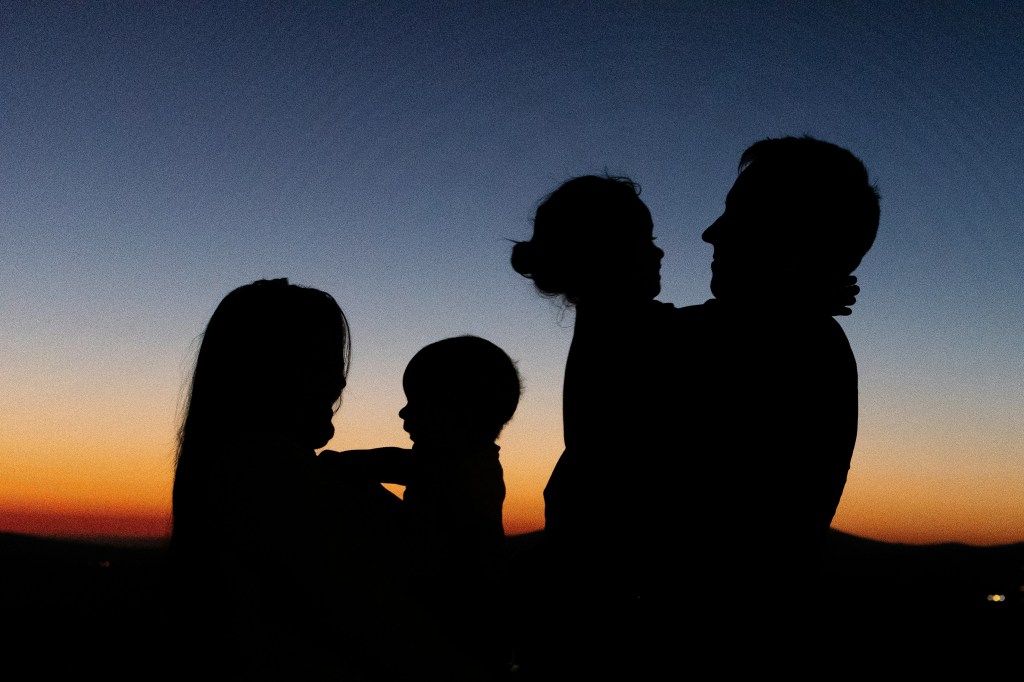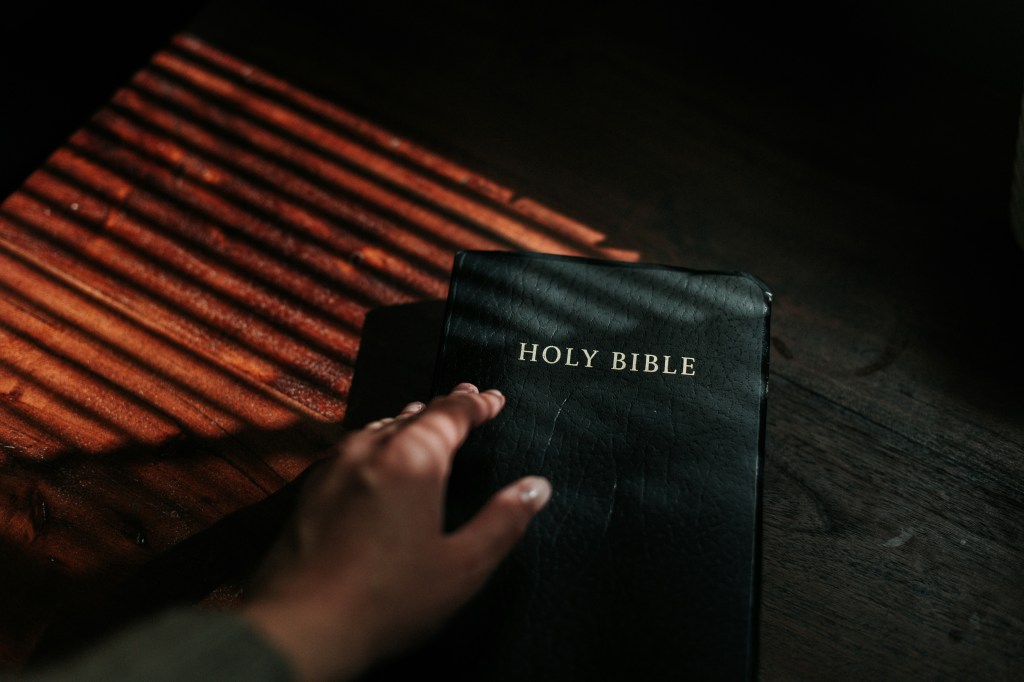
I never read The Chronicles of Narnia as a child. In fact, I don’t think I had ever even heard of C. S. Lewis until I read Mere Christianity when I was nearly thirty.
Ten years later, I had three (almost four) children, and I read The Chronicles of Narnia aloud to them during lunch, as a part of our homeschool day—one of a very long line of lunchtime read-alouds with my kids. When I read Narnia that first time, my brain was partly engaged in the story as you would expect, but partly I was in teacher mode as I was with all read-alouds: Do they know the meaning of this word? Do I need to explain this scene? Is this sentence something I need to verbally edit as I go? Can we get to the end of this chapter before the 5-year-old runs out of food? When I close the book, is there anything we ought to talk about before they leave the table?
So yeah, I was distracted. I remember appreciating the story, though, and discussing the Christian allegory aspect with my children.
In the Narnia books, grown-ups are not allowed to enter Narnia from our world (the exception is that when Narnia is created, two adults are a part of that). When Narnia needs help, certain children from our world are called by Aslan to assist; then around the time they reach adolescence, they are told that they can’t return. How wonderful to be a child reading Narnia for the first time, imagining what it would be like if you, too, were one day called to assist this magical place of Talking Beasts, naiads and dryads, centaurs and fauns, and High Kings and Queens.
But alas, at my age, I’m too old for those kinds of dreams, in more ways than one. Still, I wanted to revisit Narnia as a grown-up, just for myself. Not as a teacher, not as a mom, but just for me. My questions going into this reading were (1) What would I think about the books as an adult, and (2) What affect, if any, would the reading experience have on me?
continue reading
